Copper. That bright, retro looking metal that might remind you of perhaps the finishing in your grandmother’s home, has surprising benefits. Used by the ancient Greeks, Romans, Indians, and Native Americans, Copper has been prized for its antimicrobial, and antibacterial properties.

When bacteria and viruses land on hard surfaces, they can often last for hours to five days, however almost upon instant contact with copper, bacteria and viruses die. This is why hospitals once used to be fitted with copper fixtures, as it is known to kill these sickness causing microorganisms and is the only EDA approved metal to do so. With the rise of CoronaVirus across the world, perhaps we should take a step back and look into the ancient practices of various cultures and take notes.
While it may not be feasible to change all your stainless steel hardware throughout your home to copper, a simple way that one could incorporate this rose gold metal into your daily routine would be to use a copper water bottle or water pitcher. Not only will this water hydrate you, but the container will make sure the water is antimicrobial and antibacterial. Furthermore, copper is a metal that is known to help boost immunity, which is incredibly important during this time. Thus, incorporating copper is another way (along with hand washing) to help you to stay as well as possible during this Corona Virus pandemic.
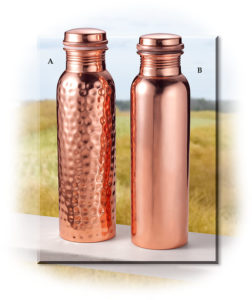
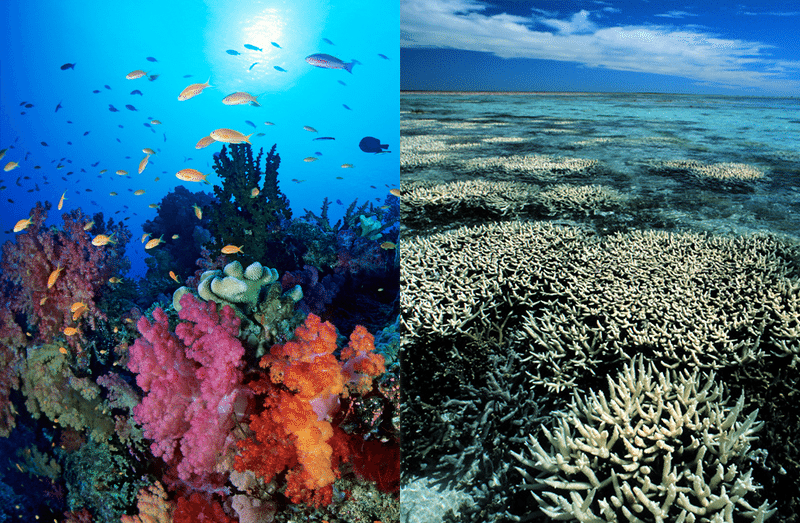


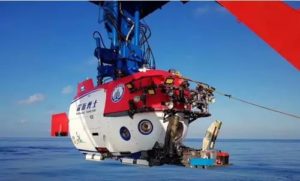
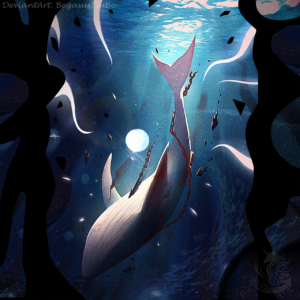
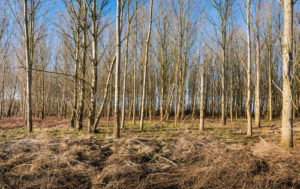
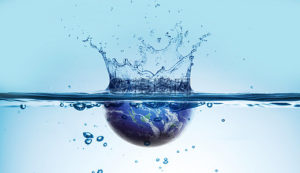
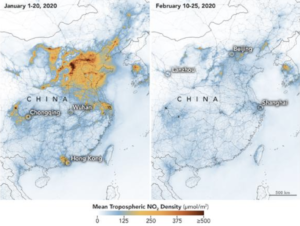 The toxic clouds that hang on the horizon have been clearing up slowly. As more and more countries urge people to stay home, more pollution will decrease as well. However, experts are worried once the virus slows down and people can work again, the pollution will get even worse than before with companies having to make up for the lost time.
The toxic clouds that hang on the horizon have been clearing up slowly. As more and more countries urge people to stay home, more pollution will decrease as well. However, experts are worried once the virus slows down and people can work again, the pollution will get even worse than before with companies having to make up for the lost time.